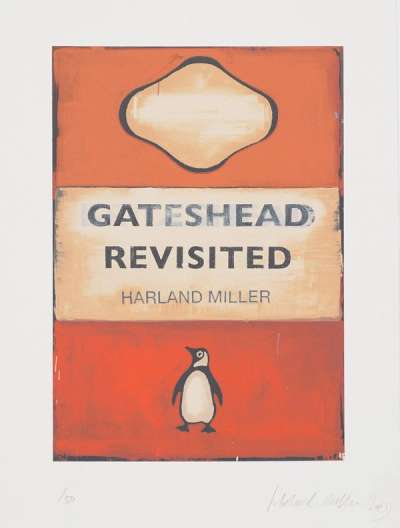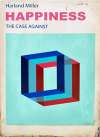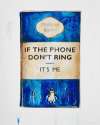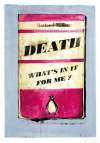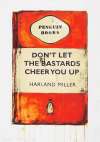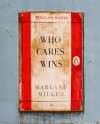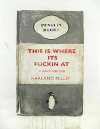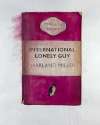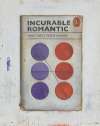Gateshead
Revisited
In Gateshead Revisited, Harland Miller draws on his Northern roots and British heritage. An adaptation of Evelyn Waugh’s 1945 novel's title, Brideshead Revisited, by revising the 20th-century novel, Miller both demonstrates a sophisticated self-conscious cultural knowledge, and subverts Southern-centric assumptions about class and education.
Harland Miller Gateshead Revisited For sale
Gateshead Revisited Value (5 Years)
Harland Miller's Gateshead Revisited series has historically shown more modest results compared with the artist’s wider oeuvre, with auction prices ranging from £5040 to £7500. Average annual growth has remained modest at 0.0%, with certain works seeing declines in value. Over 6 total auction appearances, average selling prices have held steady around £6580. This series appeals to collectors seeking accessible entry points into Harland Miller’s print market.
Gateshead Revisited Market value
Auction Results
| Artwork | Auction Date | Auction House | Return to Seller | Hammer Price | Buyer Paid |
|---|---|---|---|---|---|
 Gateshead Revisited Harland Miller Signed Print | 5 Jul 2022 | Rosebery's Fine Art Auctioneers | £5,950 | £7,000 | £9,000 |
Sell Your Art
with Us
with Us
Join Our Network of Collectors. Buy, Sell and Track Demand
Meaning & Analysis
A pun on the title of Evelyn Waugh’s ‘Brideshead Revisited,’ Miller’s Gateshead Revisited harks back to his own upbringing in Northern England. In Gateshead Revisited, Miller adapts the familiar format of the Penguin book dust jacket, where a bold orange dominates the composition, and where Harland Miller himself assumes the role of author.
Here, Miller's print blurs the boundaries between art and literature, demonstrating his fascination with the interaction between words and images. The faded cover with its torn edges and smudged pages nostalgically recalls a lifetime of love and use, making a visual reference to our intimate, long-standing relationship with text and language.
Referencing the 20th century novel by Waugh also demonstrates a sophisticated, self-conscious literary and artistic awareness, as indeed, Miller is also a well-known writer, with Slow Down Arthur, Stick to Thirty and At First I was Afraid, I was Petrified both published in 2000.
His northern roots and British heritage was a running theme of Miller’s solo exhibition, Don’t Let The Bastards Cheer You Up, at The Baltic in Gateshead in 2009. Gateshead Revisited was made to coincide with this exhibition and was shown alongside Miller’s other sarcastic re-workings of popular book titles, many of which were linked to the North East of England, for example York- So Good they Named it Once.
